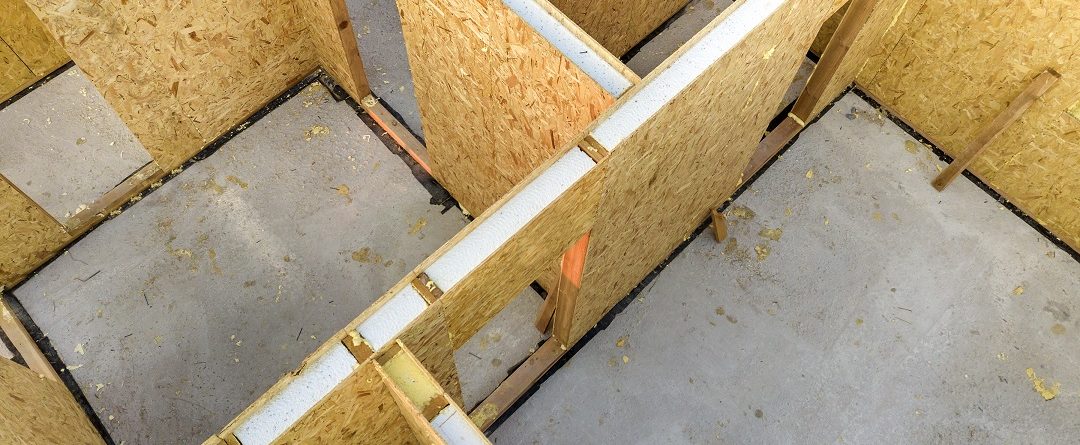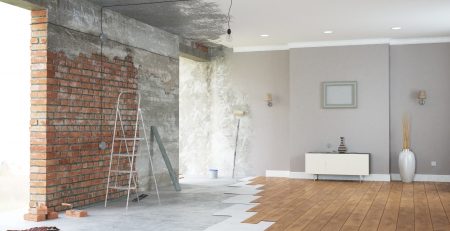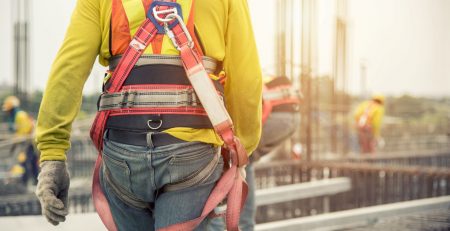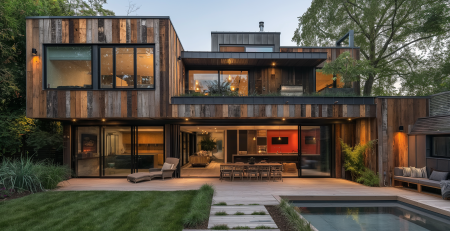Building Regulations for Modular Buildings
Is the utilization of modular construction methods stressing you due to uncertainty about the quality and durability? Worry not. Modular buildings are constructed and designed to adhere to the International Building Code (IBC) for federal, commercial, and state-building levels. For inspection and approval of trading buildings established through traditional methods, similar codes are used.
To clearly understand the compliance with all building code specifications, let’s have a look at some facts about modular building systems.
Do Modular Buildings Comply with Building Standards?
If you intend to carry out a construction activity subject to the building standards, the law requires you to ensure that your work complies with the applicable requirements and that you use a Building Control Service that is approved. The induction of modular buildings, whether newly built or refurbished, is not an exemption.
There are various segments of the building guidelines. Each particular requirement is met under a certain part. These parts include:
Structural design
- Protection against smoke and fire
- Aversion to contamination and moisture
- Life safety measures
- Foundation
- Accessibility to the building
- Mechanical, electrical, and plumbing, and
- Disposal of wastage and drainage.
Depending on the location of the building, evaluation of the building is applied using the codes alongside completion of inspections during manufacture. For instance, if you would like your modular building put up in Pennsylvania but Ohio is where it is built, the inspections made will meet the building standard requirements for Pennsylvania.
Where a temporary modular structure will be of use in several locations, the evaluation and inspection made will meet the building codes for several states at once.
What is the difference between building rules and planning permission?
While building rules set the codes for the design and construction of structures, planning permission guides the development of cities, towns, and the countryside. Planning is responsible for the outside appearance and the local growth impact.
Building regulations, on the other hand, are responsible for setting standards for construction and design applicable to both new buildings and alterations of existing buildings. This is to ensure that all structures, including modular and portable structures, meet the approved standard.
Regulation 21 Exemptions
If you intend to buy quality warehouse building, consider one that meets all of the building regulations.
All modular and portable structures, whether new or refurbished, must fully comply with the present building regulations. However, under regulation 21 of the building codes, portable and modular building is limited to:
50 square meters
- Low energy demand (not heated)
- Temporary building (used on a single site for no more than two years)
Application Process for Aligning with the Building Code Requirements
In the process of modular construction, three steps involve evaluation and approval based on the building guidelines and inspection at the design phase, before delivery, and after assembling.
Revision is made before manufacturing by engineers after designs, drawings, and descriptions of the modular constructions are sent to them for review and inspection to ensure that all the federal and state codes are met. Depending on the purpose, you may be required to undertake cleanroom validation.
Exclusive inspections are carried out throughout the phase of manufacture to avoid non-compliance. This is done by a third party up to completion level and proof of compliance is attached to each module after passing all of the approvals.
Bottom line
The final results for modular buildings are structures that are of high quality, durable, and safe since they undergo extensive review and compliance just like traditionally built buildings. Before undertaking any work, please ensure you have the correct contract work insurance.











